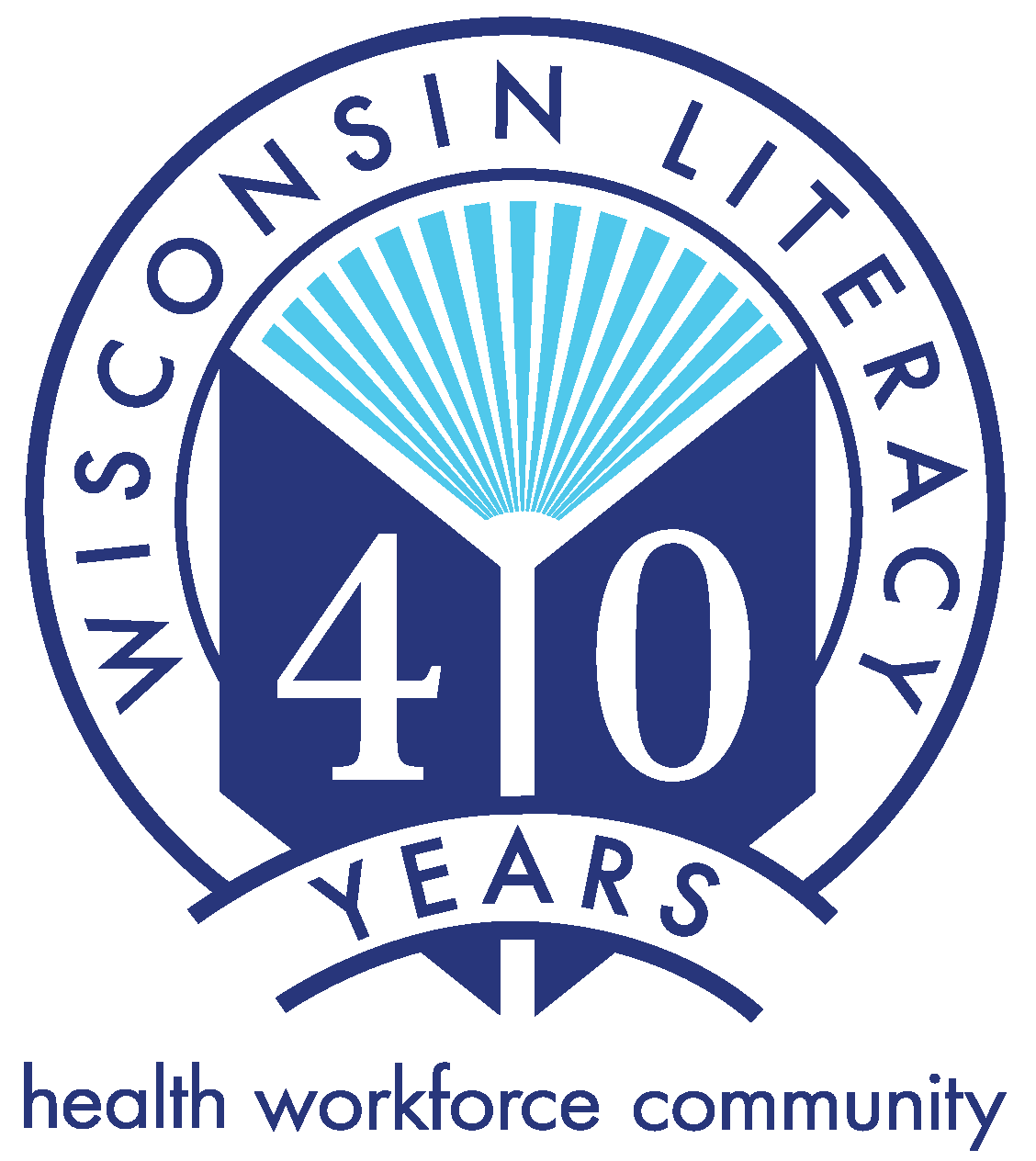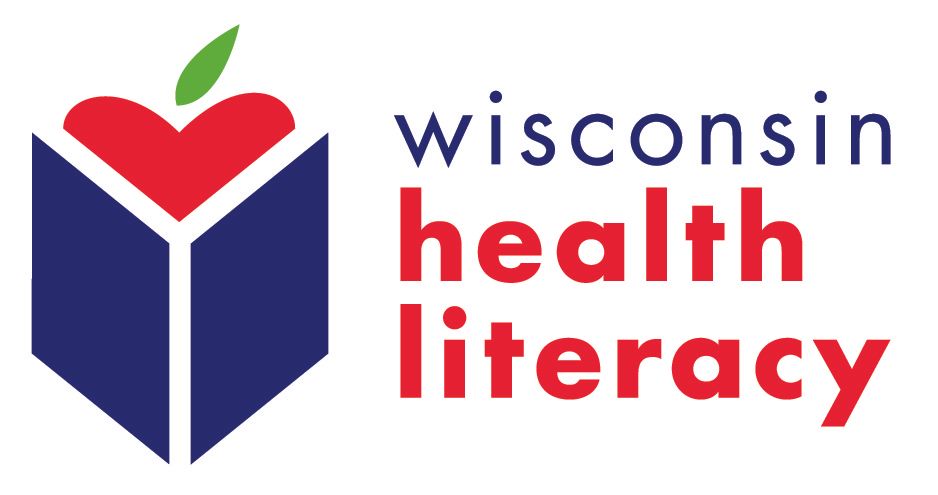Writing Grant Proposals
Every request for proposal is unique, but there are some common features that almost all grant applications include:
Cover Letter
Even if it’s not required, include a description (less than 1 page) of the:
- proposal (1-2 sentences)
- amount you are requesting
- overall goal and outcomes of the project
Use agency letterhead that lists your contact information, and make sure your letter is addressed to the appropriate individual with the correct name, spelling, title and address.
Executive Summary/Abstract
A very succinct, well-written paragraph (4-5 sentences) that describes your entire proposal. Abstracts are difficult to write but very important.
*If your abstract is not well-written, a grant reviewer may not read the rest of your proposal.
Introduction
Important information that may not otherwise appear in your proposal:
- your agency’s mission
- brief history
- length of service
- major indicators that you have the capacity to operate programs effectively
- your eligibility to receive funds (tax-exempt 501(c)(3)status)
- collaborative partners
- how you will sustain funding at end of the grant period
Statement of Need
Clearly state the community need you will serve. This is not your agency’s need. Who will you serve? Why does this specific population need this service?
Use data to support your statement:
- Census Data (most recent)
- County Planning Commission – Call the office of your County Commissioners for numbers of your county’s planning commission.
- Community School Districts – The school district keeps data on numbers of English language learners and high school dropout rates.
- Local Governments – Police departments and city planners are great sources of information on crime and population characteristics.
- State Agencies – Wisconsin Literacy has statewide facts and can help you find countywide statistics.
- Agency-generated Data – Information from your own agency:
- waiting lists
- letters from potential clients requesting services
- testimony at public hearings
- client needs from inter-agency or community surveys
Objectives/Outcomes
The proposed results of your project.
Use the vocabulary the grant guidelines use. If the grant asks for your outcomes, use the word “outcomes.” If it asks for your objectives, use “objectives.”
No matter which work you use, objectives and outcomes must be:
- measurable
- time-based
- realistic
Never include objectives for which you can’t gather the information needed to measure them.
Project Description/Work Plan/Timeline
If “objectives and outcomes” are the meat of your proposal, then the “project description/timeline/work plan” are the potatoes. Often, these two sections are weighted most heavily with grant reviewers.
Outline your project, in narrative form. You may present your work plan or timeline in a graph or table.
Answer the 6 Ws of program writing:
- Who are the clients?
Explain how clients were chosen and any restrictions (age, income, geographic).
- What services will you provide?
Explain your activities and outreach efforts.
- Where will services take place?
Introduce other offices or satellites.
- When will you provide service?
List hours, days and duration of the project in a timetable.
- With whom are you collaborating?
Introduce your partners and agencies with whom you have cross-referrals. Include partner letters of support in the appendix.
- Why are you providing this service?
Explain the unique approaches of your project.
Budget
The level of detail will depend on specific grantor requirements. Government grants require the most detail, usually in a line-item budget.
Your budget might include:
- Personnel Costs – Salaries, fringe benefits, contract services.
- Non-personnel Costs – Travel, equipment, office space, supplies, telephone, postage and indirect costs.
- Budget Narrative – This narrative defines in detail the rational for each of the expenses in the budget.
- Matching Funds – Some grantors require matching funds from other sources to demonstrate your ability to leverage support from other grantors.
- In-kind Support – All project expenditures that you are not asking the grantor to support. For example, staff time that you or another agency will pay, equipment that you don’t need to purchase with grant funds or classroom space offered by a partner agency.
After reviewing your budget, make sure all expenses are reasonable and justified. Ask someone from outside your agency to review and offer feedback.
Evaluation
Tell the grantor how you will evaluate project outcomes:
- Who will evaluate the project?
- How will you determine if the outcomes/objectives were met?
- What type of evaluation will you use? Pre- and post-tests to determine client progress? Attach client surveys or pre- and post-tests in the appendix.
- How will you review program data in the evaluation process? Describe the audit or budget review process to evaluate grant expenditures.
Conclusion
In no more than two or three paragraphs, summarize the proposal’s main points and how the community will benefit from the completion of this project.
Re-read and ask yourself:
- What do you want?
- Who are you and are you worthy of the funding?
- Can you prove that there is a problem or need to address?
- How does your project aim to help the issue or fix the problem?
- Which methods are you going to use to achieve the desired outcome?
- How long is your project going to take?
- When and how are you going to know that you succeeded?
- How much money do you need?
Appendix
Attach information that is requested by the grantor or will help to make the case for your proposal. For example, letters of support from project partners, program brochure or publicity, IRS letter of determination of tax-exempt status, agency audit, etc.
Tips
- Reach out to the grants officer before you begin your proposal, to build a relationship. (Some grantors specifically ask people not to contact them, so make sure it’s appropriate before you reach out.)
- Re-read, edit, re-read, edit. Ask people outside of your organization to re-read and edit.
- Number your pages (include appendices and attachments).
- Provide the correct number of copies, with all sections and pages in the correct order. Make an office copy.
- Follow delivery instructions exactly.
- Submit your proposal well before the deadline. Track delivery.
- Even if your proposal is not funded, write a thank-you note. Say thank you for the opportunity to apply and express your hope to apply for future funding opportunities. If appropriate, ask for feedback on your proposal.
Grant writing support and resources
For additional support in grant writing and grant resources, check with your local United Way, community foundation, Voluntary Action Center (many sponsor grant centers within the VAC), and your local library.
Source
Grobman, Gary M. The Nonprofit Handbook. Third Edition.
Resources
Hale, Jr., Phale D. Writing Grant Proposals That Win. Second Edition. An Aspen Publication.
Thompson, Waddy. The Complete Idiot’s Guide to Grant Writing.

